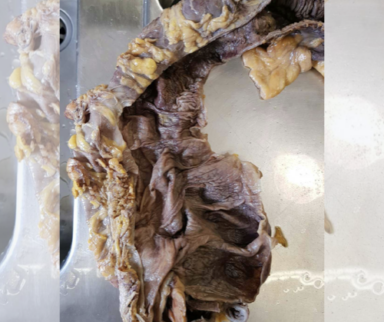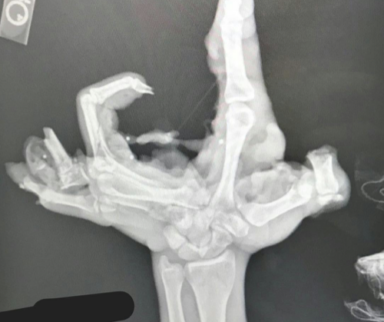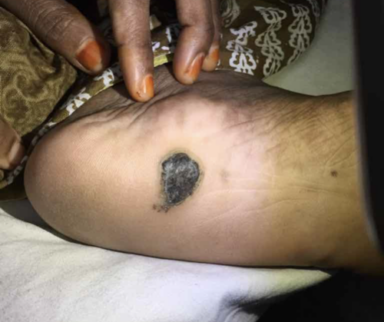
This time of year marks a new beginning for rheumatology and other fellows, and a new opportunity for educators to start fresh with a new crop of trainees.
Many programs include a “boot camp” to onboard fellows to the workflow. How do you inject things? What are rheumatic emergencies? Where is the coffee? So I’d like to share eight tips for onboarding fellows to their most important lifelong skill: reading medical literature!
Tip 1: Read Good Article Types
In a past The Differential: Rheumatology newsletter issue, I discussed the “evidence pyramid” and my aversion to its general perspective. In short, spend your time reading medical literature on randomized controlled trials, cohort studies, and case-control studies.
Tip 2: Read Good General Medicine Journals
There are thousands of journals that exist but only a few that routinely publish high-impact work. Fellows should focus on reading good general medicine journals, which include the New England Journal of Medicine, JAMA, and The Lancet.
Tip 3: Read Good Specialty-Based Journals
In rheumatology, I recommend spending most of your time reading the following: The Lancet Rheumatology, Annals of the Rheumatic Diseases, BSR Rheumatology, Journal of Rheumatology, Arthritis and Rheumatology, Arthritis Care and Research, Seminars in Arthritis and Rheumatism, Current Opinion in Rheumatology, and Nature Reviews: Rheumatology.
Tip 4: Build a Sustainable Practice
Learning medical evidence takes a long time and I recommend focusing on process over results. Can you read one article of medical literature per week? Great! Focus on doing little things steadily that eventually build up.
Tip 5: Leverage Tech Resources to Make This Easier
Find apps and other tools that make staying abreast of new journal content as easy as possible.
Tip 6: Engage in Scholarship
One of the best ways to understand research is to do research. Find a mentor early in fellowship, identify a worthwhile project, and invest in doing it well.
Tip 7: Journal Club Like You Mean It
Most programs host a regular “journal clubs,” where recent articles are discussed by the faculty and fellows. Take this seriously! Read the articles before you arrive, participate in the discussion, and advocate for improvement.
Tip 8: Attend Regional and National Conferences
Attending conferences is a great way to connect with others in your specialty and across medicine while getting up to date on new studies. I recommend attending larger conferences — like ACR, EULAR, SOTA, RWCS, RheumNow Live for rheumatology — and local conferences to your area.

By Mike Putman, MD, MSci
Rheumatologist, and Medical Director of the Vasculitis Program at the Medical College of Wisconsin
Published August 7, 2023
The Differential: Rheumatology
Get more great content like this directly in your inbox by signing up for our email newsletter, The Differential: Rheumatology, edited by Dr. Anisha Dua and Dr. Mike Putnam.


